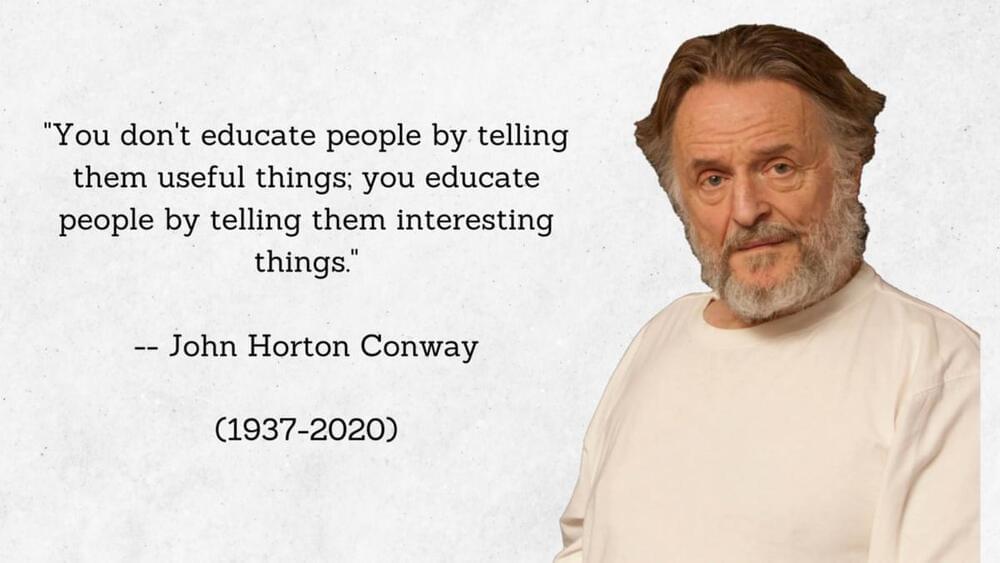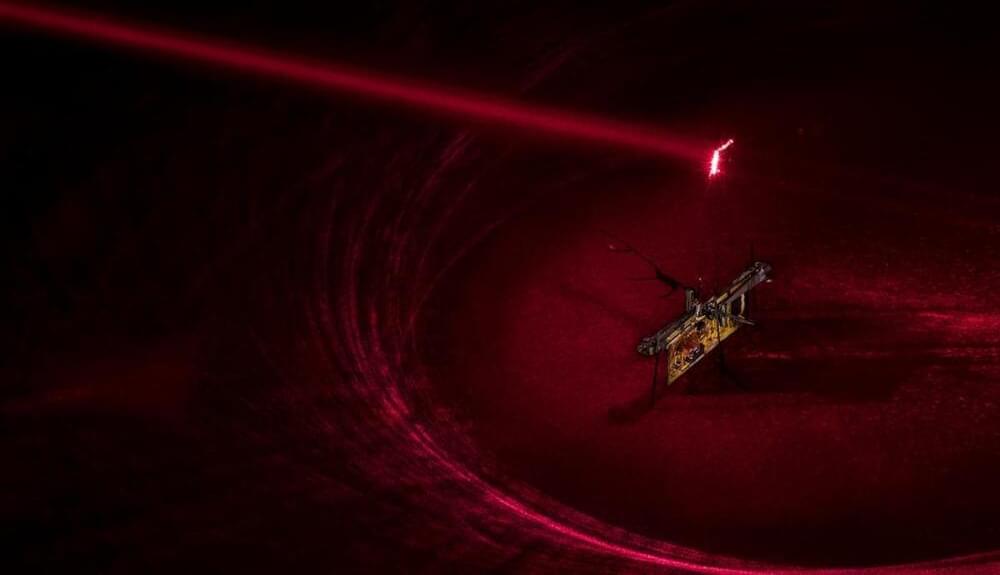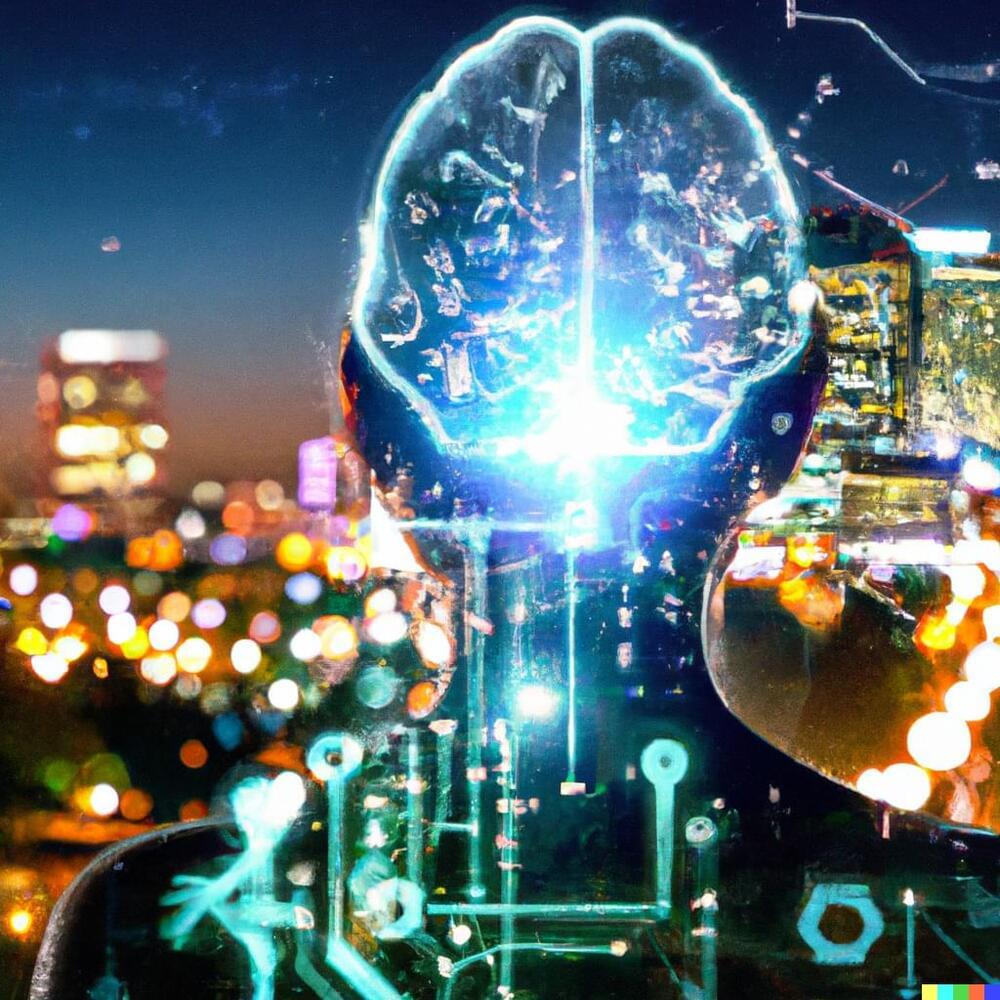A brand-new strain of Covid — Omicron BF.7 that is causing massive hospitalizations and deaths in China — has sparked fear of a fresh wave in India. The BF7…
Get the latest international news and world events from around the world.

John Conway’s ‘Game of Life’ and How Complex Systems Can Arise From Simple Rules
John Horton Conway, born on December 26th, 1937, was a brilliant mathematician known for his contributions to a diverse array of disciplines, including group theory, number theory, algebra, geometric topology, theoretical physics, and geometry. Despite being viewed as a potential candidate for the title of greatest living…


What 10 top AI stories in 2022 reveal about 2023
As we look back at VentureBeat’s top AI stories of the year, it’s clear that the industry’s advances — including, notably, in generative AI — are vast and powerful, but only the beginning of what is to come.
For example, OpenAI, the artificial intelligence research lab behind AI tools that exploded this year, including DALL-E 2 and ChatGPT, debuted buzzed-about advancements that drew attention from the general public as well as the tech industry. DALL-E’s text-to-image generation and ChatGPT’s new capabilities to produce high-quality, long-form content made creatives question whether they will soon be out of a job — and who owns the content these tools are creating anyway?
Meanwhile, the next iteration of advancements may not be far off for OpenAI. This fall, Ray, the machine learning technology behind OpenAI’s large-scale operations, debuted its next milestone: Ray 2.0. The update will operate as a runtime layer and is designed to simplify the building and management of large AI workloads, which will allow companies like OpenAI to make even greater strides in 2023.


The endoplasmic reticulum puts a new spin on synaptic tagging
The heterogeneity of the endoplasmic reticulum (ER) makes it a versatile platform for a broad range of homeostatic processes, ranging from calcium regulation to synthesis and trafficking of proteins and lipids. It is not surprising that neurons use this organelle to fine-tune synaptic properties and thereby provide specificity to synaptic inputs. In this review, we discuss the mechanisms that enable activity-dependent ER recruitment into dendritic spines, with a focus on molecular mechanisms that mediate transport and retention of the ER in spines.

A big problem with fusion is solved leading us near to a perpetual energy source
Image credit: Max Planck Institute of Plasma physics. Cutaway of a Fusion Reactor.
A team of researchers from the Max Planck Institute for Plasma Physics (IPP) and the Vienna University of Technology (TU Wein) have discovered a way to control Type-I ELM plasma instabilities, that melt the walls of fusion devices. The study is published in the journal Physical Review Letters.
There is no doubt that the day will come when fusion power plants can provide sustainable energy and solve our persistent energy problems. It is the main reason why so many scientists around the world are working on this power source. Power generation in this way actually mimics the sun.

15 Bad Things That Happen When You’re Too Nice
A parasite takes advantage of a nice person they have no respect for the person this happens a lot especially with people from other countries who call themselves your friends.
There was only one rule. Work hard and be nice, and everything would go just fine. That should be the rule for life, too… But, of course, that wasn’t how […] More.
Derinkuyu: Mysterious underground city in Turkey found in man’s basement
A basement renovation project led to the archaeological discovery of a lifetime: the Derinkuyu Underground City, which housed 20,000 people.
